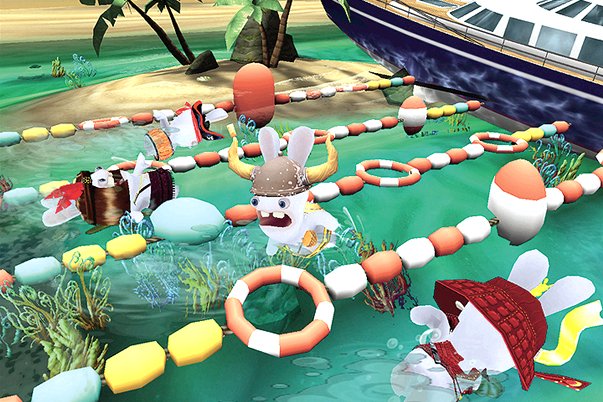How the Wii has changed gaming, one year later
It's the Wii's birthday, but just what has it acheived?
New ways to play
While the initial spurt of ports and mini-game collections is now giving way to the real potential of the Wii, the overall landscape of videogames has most definitely changed as a result of Nintendo’s machine. Remember when you’d never even heard the term ‘casual game’? No, neither do we.

With Metroid Prime 3 creating a new benchmark for console FPS control, No More Heroes on the way, and Super Mario Galaxy finally upon us (Praise the heavens!), the Wii’s future is now looking pretty damn healthy in terms of traditional games. In taking an attitude of new and shared experience with the console though, Nintendo has very much cemented ‘non-games’ such as Big Brain Academy, Wario Ware and Cooking Mama within our favourite medium's line-up. Some gamers are of course decrying this as the undoubted death knell which will bring gaming as we know it crashing to its knees, leaving them with nothing more to play by 2012 than single-button QTEs starring pink kittens, but frankly, that’s just silliness.
Videogames are a format that theoretically allows anything, so why are we so obsessed with limiting ourselves to the same genres and experiences we’ve had before? Sure, no-one’s going to be vaunting Raving Rabbids 2 as an all-time classic in ten years, but these games are bringing more variety to gaming, both in terms of gameplay and the people playing. The market is expanding, the spread of people playing is expanding, and the kind of fun we can have together is expanding. Through variety and a long-needed exploration of what interactive entertainment can do, gaming is culturally healthier than it ever has been, and the Wii has had a lot to do with that.
Sign up to the GamesRadar+ Newsletter
Weekly digests, tales from the communities you love, and more



